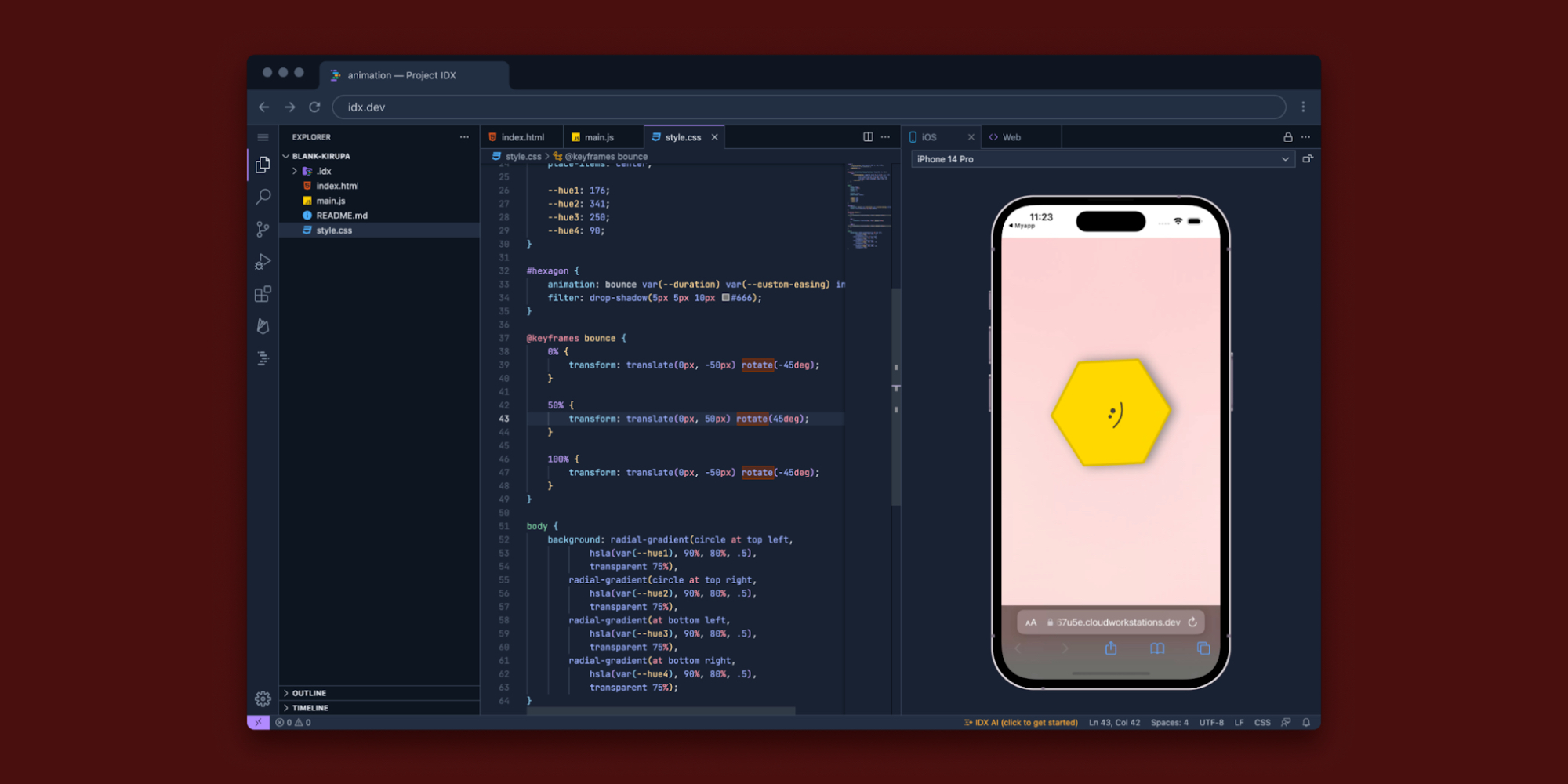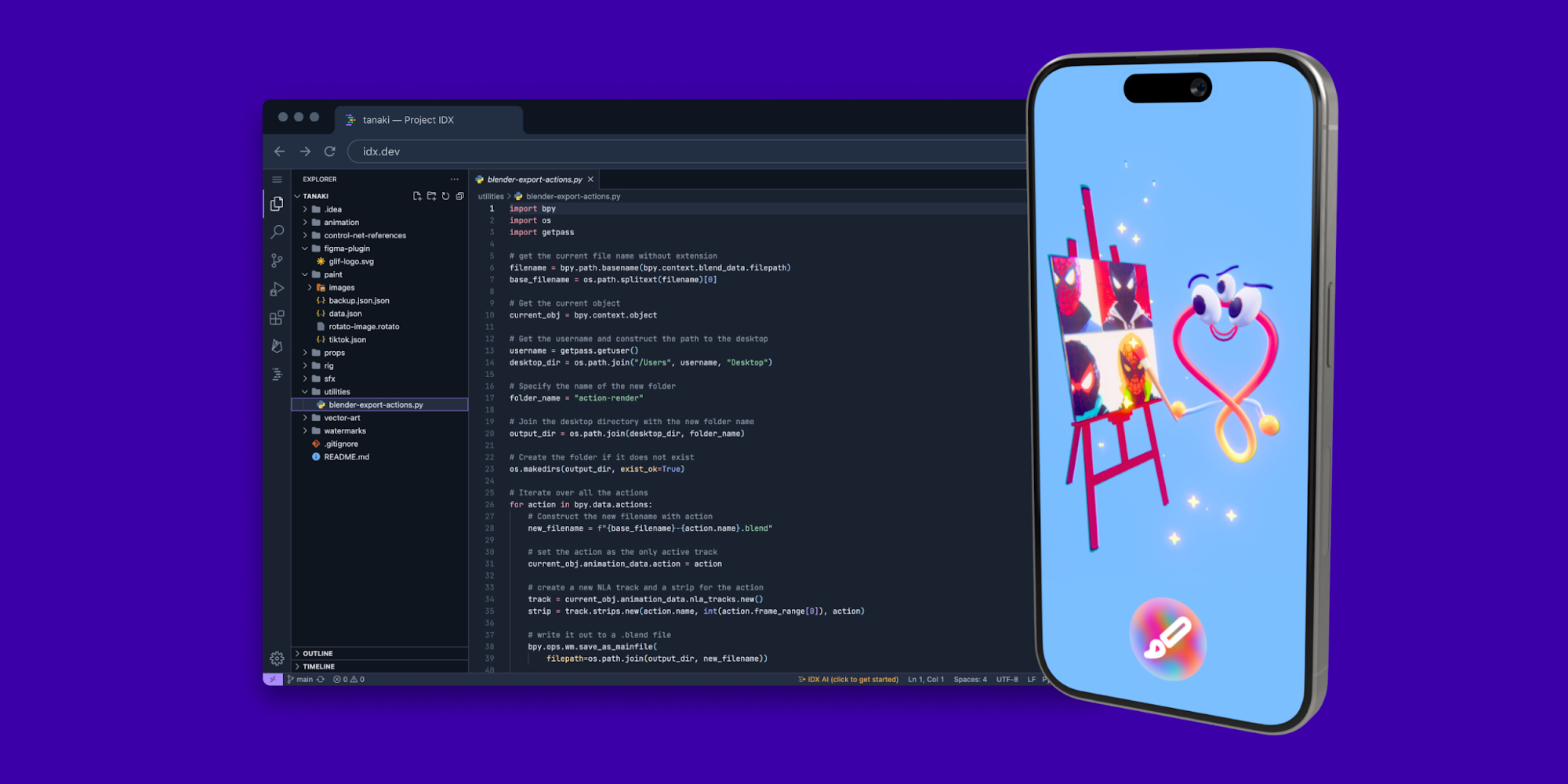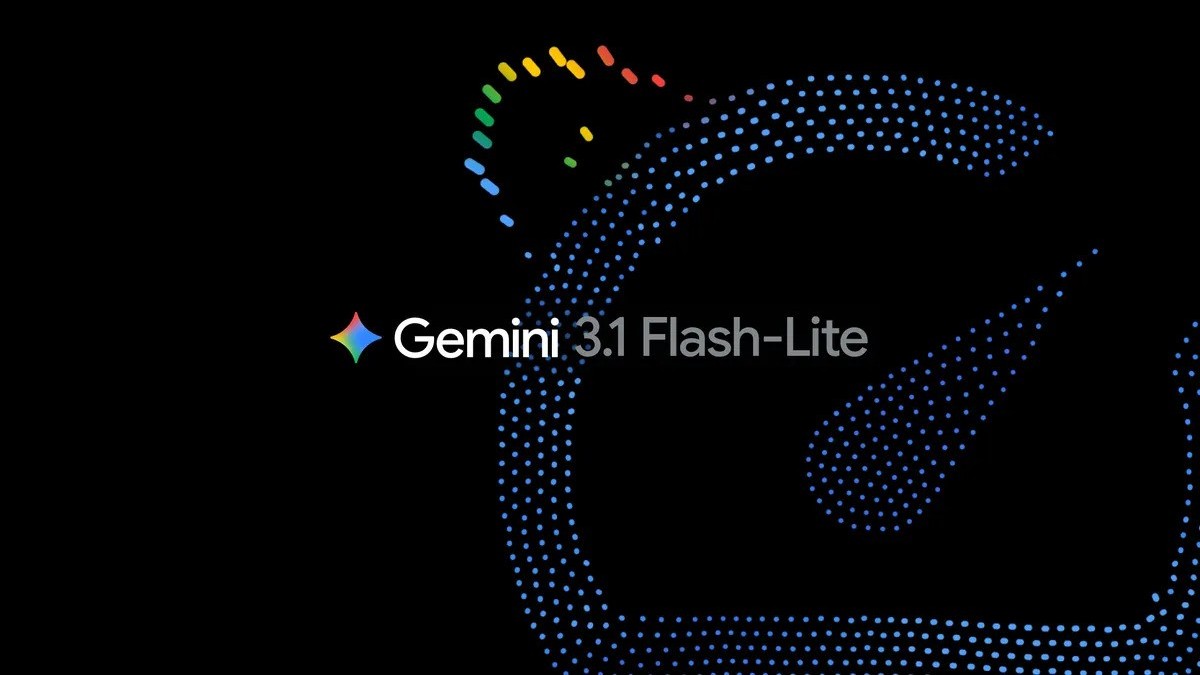Google's experimental Project IDX now offers iOS and Android simulators for web
The tool makes full-stack software development possible in a browser.

Get the latest news from Android Central, your trusted companion in the world of Android
You are now subscribed
Your newsletter sign-up was successful
What you need to know
- Project IDX is an experimental cloud-based workspace for software development offered by Google in a limited preview.
- Google is now bringing an iOS and Android simulator to Project IDX, allowing app developers to test their projects straight from a browser.
- Project IDX also has expanded support for more templates such as Astro, Go, Python/Flask, Qwik, Lit, Preact, Solid.js, and Node.js.
Google is still working on Project IDX, a cloud-based workspace for software development that it launched last year. Project IDX is available in preview right now, and there's a waitlist you can join to be first on the list. While there's still work to do, Google is steadily turning Project IDX into a one-stop software development service on the web.
Google announced new features that are coming to Project IDX in a press release Thursday, and they're headlined by OS simulators. The web tool can now simulate iOS and emulate Android right from your browser. This means that you can code an app and test it in a simulator from the same web-based service.
For testing web templates, the Project IDX workspace will preview your software in either Safari or Chrome. For Flutter templates, the software can be simulated in iOS, Android, and Chrome.
This change is significant because it streamlines the software development process and consolidates it into a single website. As Google explains, the new iOS and Android simulators make it possible for developers "to develop, test, and debug directly from your workspace, consolidating your multi-step, multiplatform process into one place."

Project IDX will still show a developer's main workspace, which can be used for full-stack software development in a browser. However, when it's time to test your code, a sidebar can show developers how the software works on iOS, Android, or the web. Even though the features are experimental for now, it's a good step forward for web-based and cloud computing.
Aside from iOS and Android simulation, Google also shared that Project IDX will gain support for more templates. Developers can now use templates for Astro, Go, Python/Flask, Qwik, Lit, Preact, Solid.js, and Node.js, cutting out the setup process for these environments.
For those who prefer a custom experience, Project IDX still supports importing repos from GitHub or creating a Nix environment from scratch. Speaking of Nix, Google is making it possible to now customize pre-existing templates by tweaking them with Nix.
Get the latest news from Android Central, your trusted companion in the world of Android
Finally, Google announced that AI functionality has been expanded to support 15 more countries: India, Australia, Israel, Brazil, Mexico, Colombia, Argentina, Peru, Chile, Singapore, Bangladesh, Pakistan, Canada, Japan, and South Korea. The company says that more countries will get AI in Project IDX soon.
It's still a work in progress, but by all accounts, it looks like Project IDX could be a game-changer for web software development and testing.

Brady is a tech journalist for Android Central, with a focus on news, phones, tablets, audio, wearables, and software. He has spent the last three years reporting and commenting on all things related to consumer technology for various publications. Brady graduated from St. John's University with a bachelor's degree in journalism. His work has been published in XDA, Android Police, Tech Advisor, iMore, Screen Rant, and Android Headlines. When he isn't experimenting with the latest tech, you can find Brady running or watching Big East basketball.
